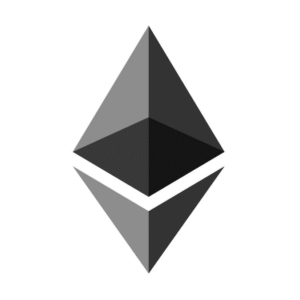$IAC $ANGI
#IAC #Angi #HomeServices #CorporateSpinOff #Q3Earnings #StockMarket #Investing #EarningsReport #FinancialAnalysis #MarketImpact #BusinessNews #SpinOffNews
IAC, the media and internet conglomerate known for creating companies like Match Group and Vimeo, is contemplating a potential spin-off of its majority-owned subsidiary Angi, the well-known digital marketplace for home services. The idea comes after Angi’s third-quarter report, which exceeded analysts’ expectations despite showing a notable decline in overall sales. Angi, which has been a consistent player in the home services industry, saw a 20% drop in revenue year-over-year. However, the earnings beat suggests underlying business efficiencies, cost-cutting strategies, or other performance metrics that outpaced Wall Street’s projections, sparking renewed interest in the company as IAC explores a possible restructuring.
Angi’s revenue drop presents some concerns, especially as home services demand remains mixed in the post-pandemic environment. During the pandemic, companies like Angi experienced high demand as consumers invested more heavily in home maintenance, renovations, and other services. However, with recent rising interest rates and inflationary pressure on consumers, discretionary spending on home services has become less of a priority for some households. The financial health of Angi reflects these market dynamics and explains the 20% decrease in sales. While the earnings beat is a bright spot, investors may be wary of the long-term revenue recovery given the uncertain economic environment and shifts in consumer behavior.
A spin-off of Angi could be strategic for both IAC and Angi. For IAC, spinning off Angi might allow for more distinct operational focus and unlock shareholder value by removing underperforming assets from the parent company’s portfolio. Historically, some spin-offs have resulted in better performance for both the parent company and the spun-off entity by enabling more nimble management of resources and sharper focus on core business models. For investors, this could result in the potential for higher value in both stocks post-spin-off. IAC’s history of success in spinning off companies, including Match Group—now a multibillion-dollar dating giant—could fuel speculations that Angi’s independent future might follow a similar trajectory if the spin-off takes place.
However, risks do exist. The performance of post-spin-off companies depends largely on overall market conditions and the company’s ability to thrive independently. Angi currently faces a tough market as demand in the home services sector fluctuates and competition remains fierce. Rivalry from local and regional service platforms, along with broader economic concerns like inflation and weakening consumer sentiment, could dampen the optimism around a successful Angi spin-off. For existing shareholders of both IAC and Angi, future decisions need to factor in these external risks, particularly as both companies aim to balance growth and profitability in a challenging market landscape. Investors will be watching closely as IAC unveils more detailed plans, with the potential for significant market movements once clarity is reached on the spin-off strategy.






Comments are closed.